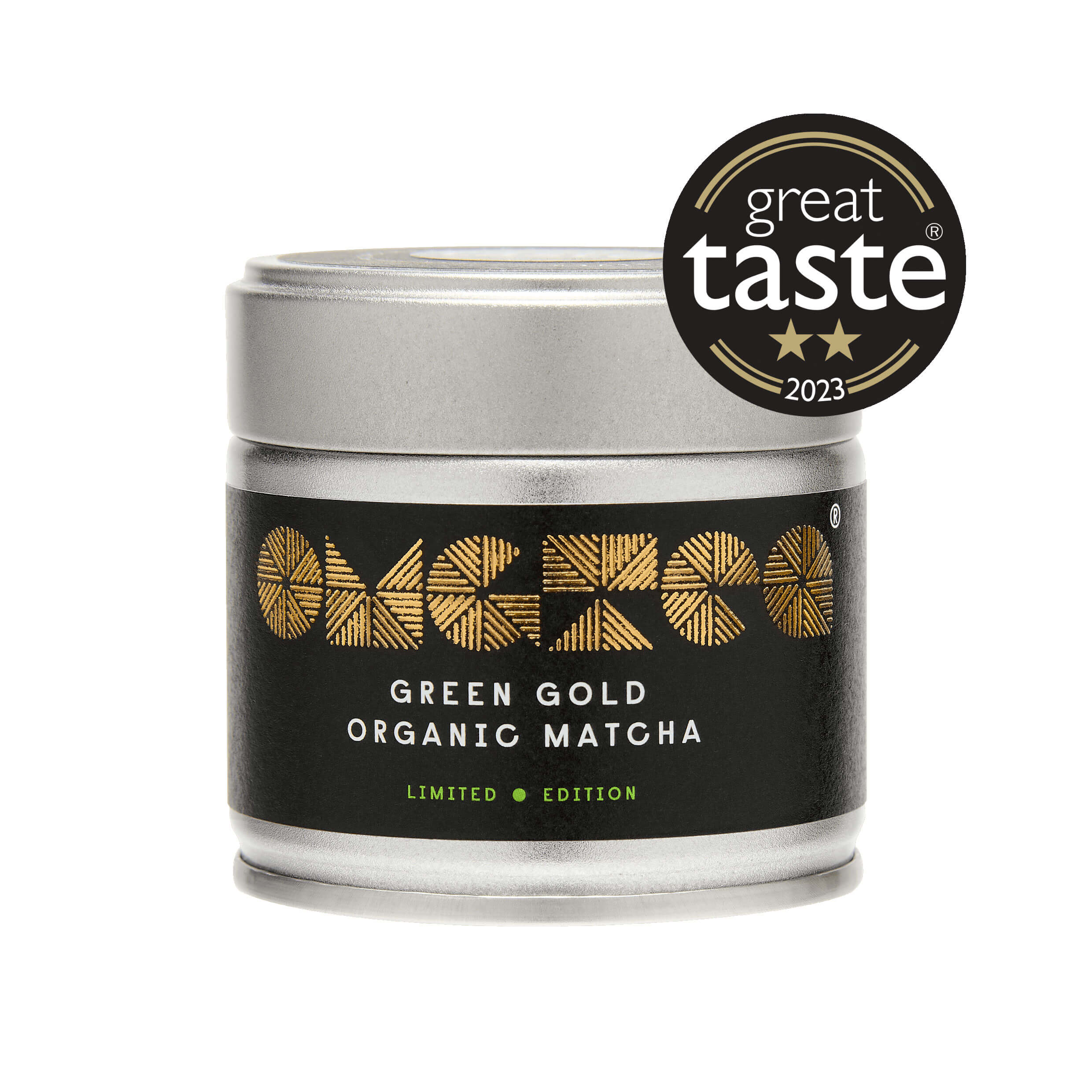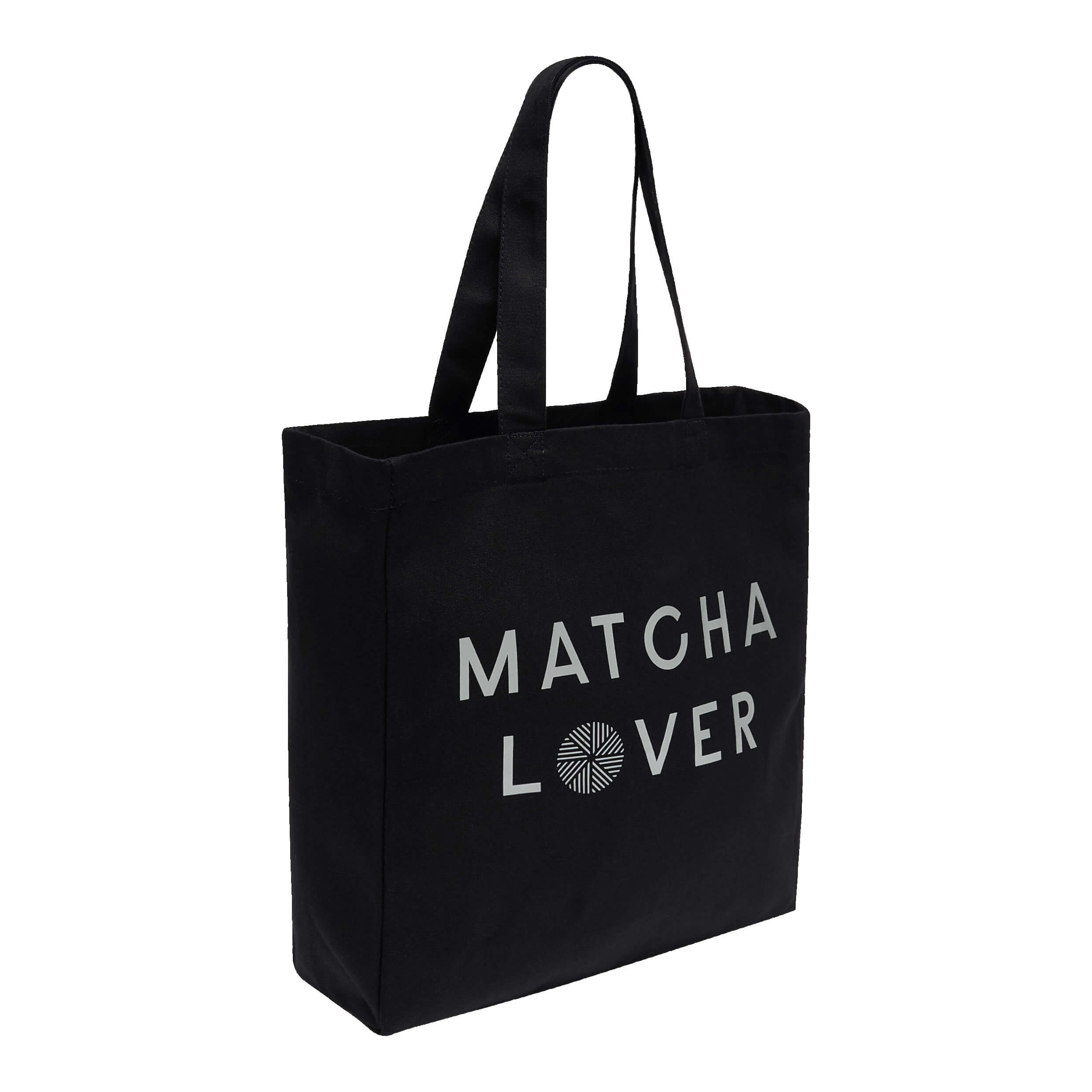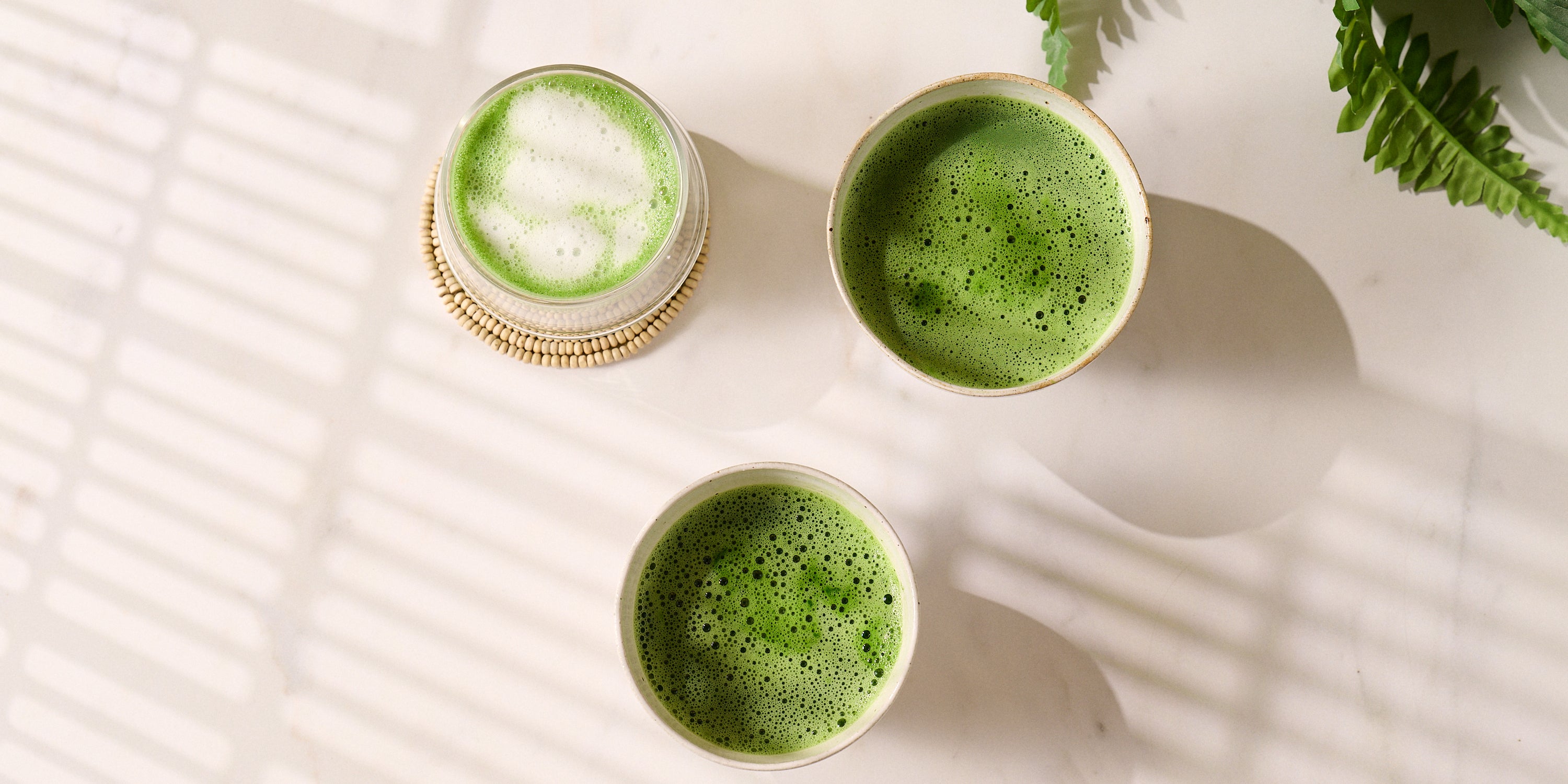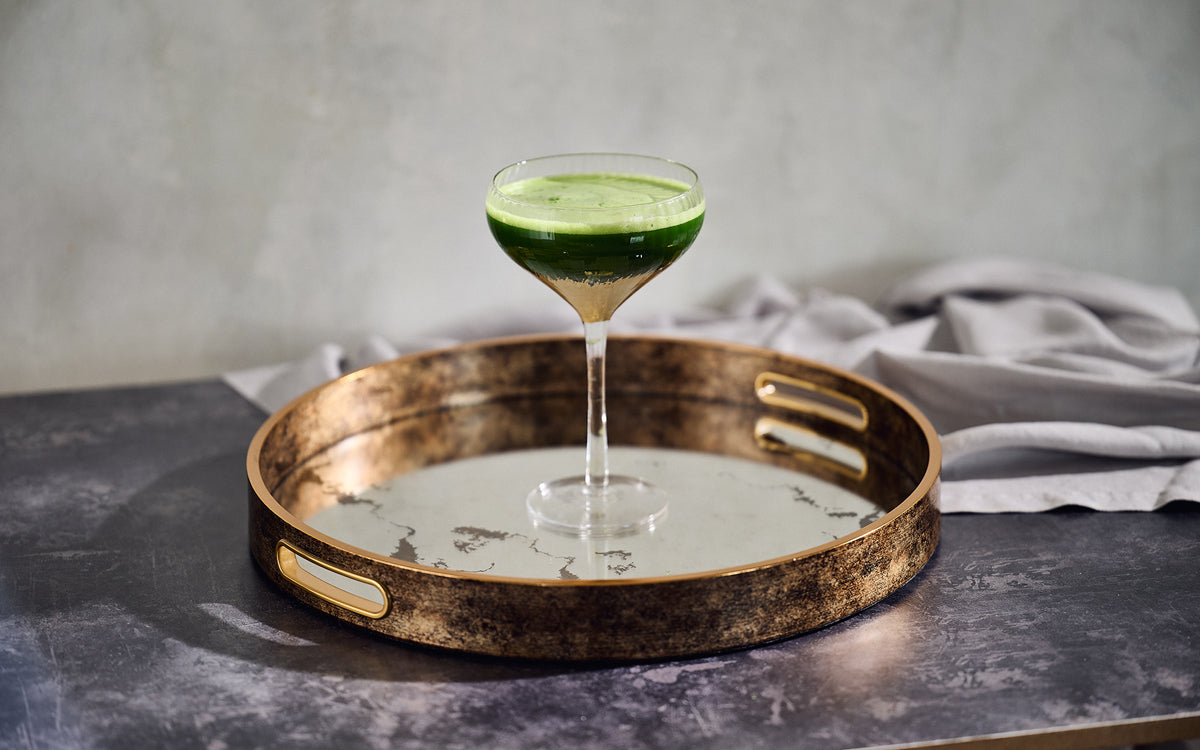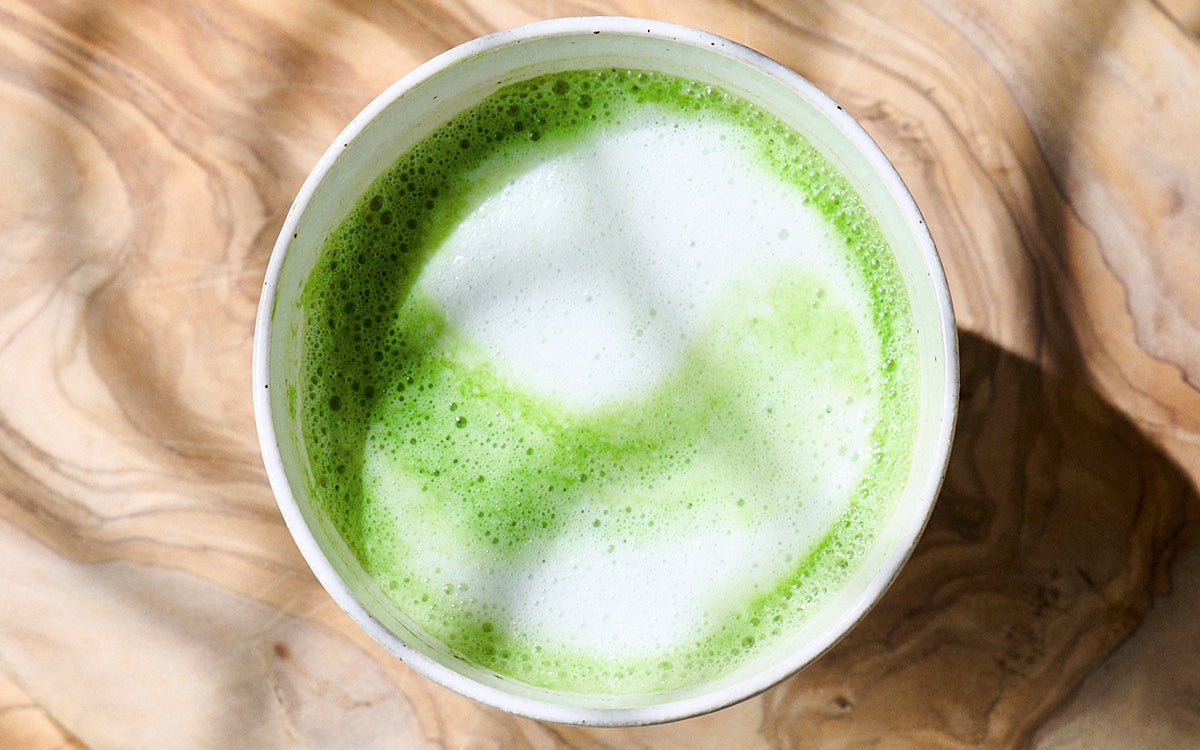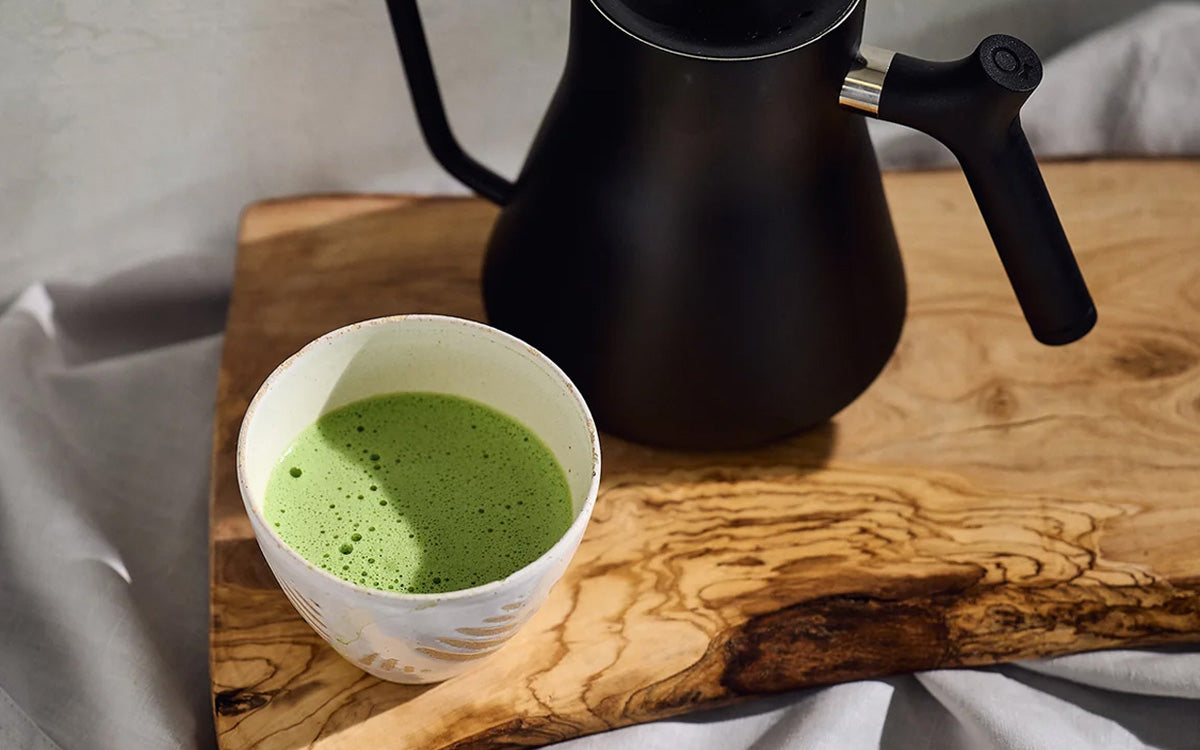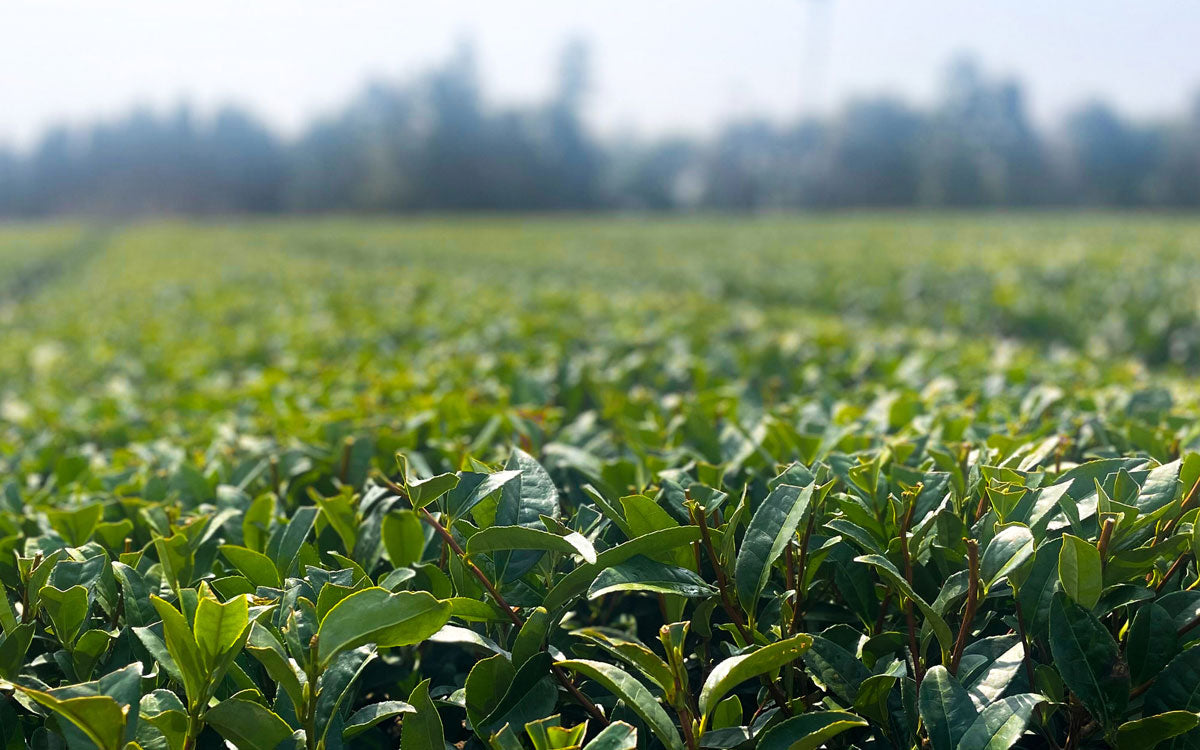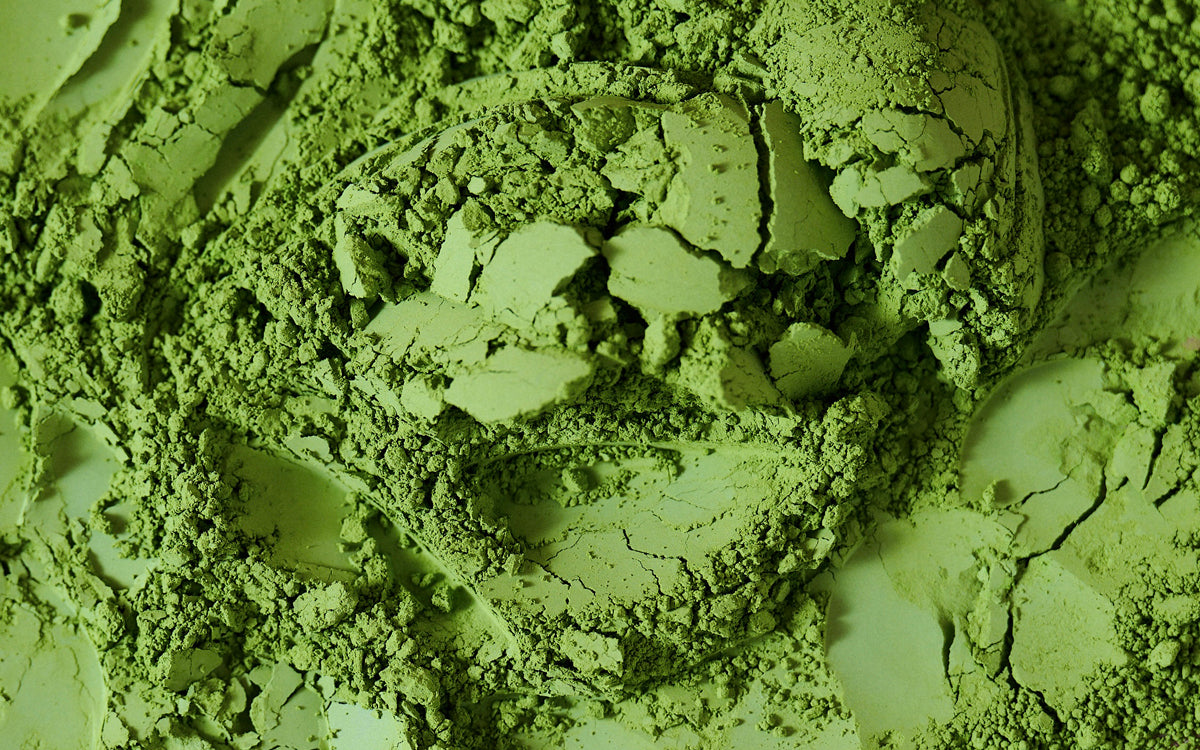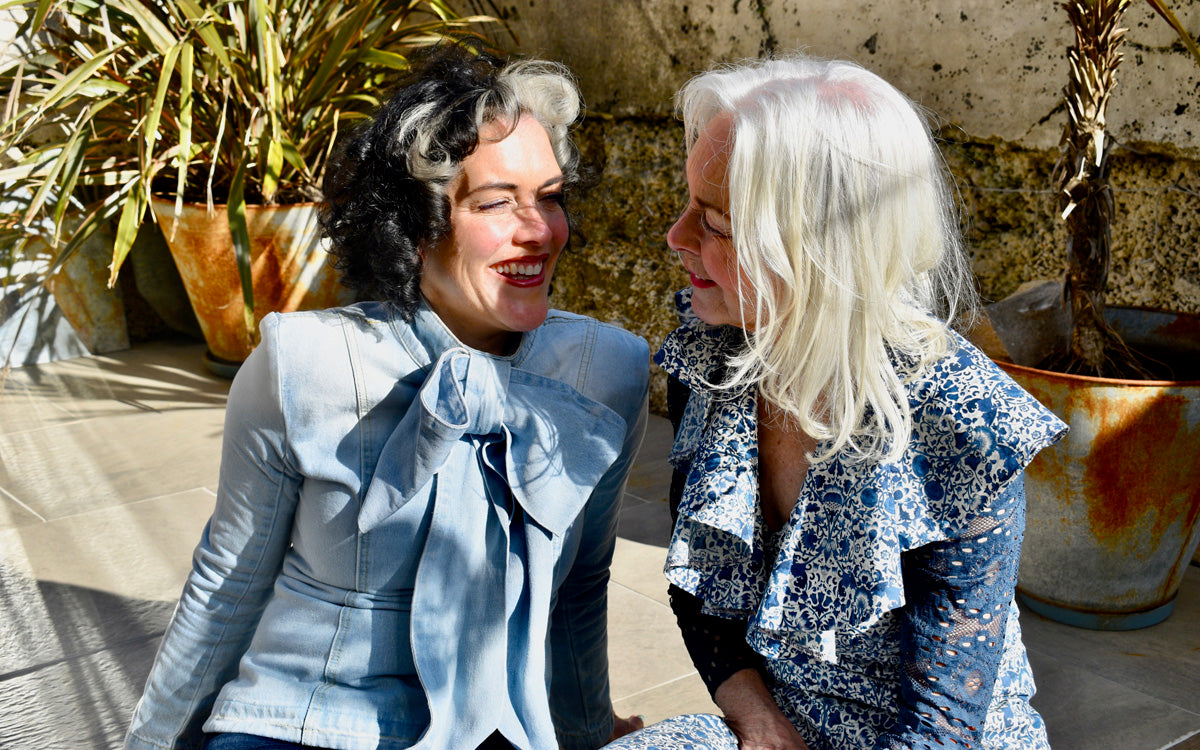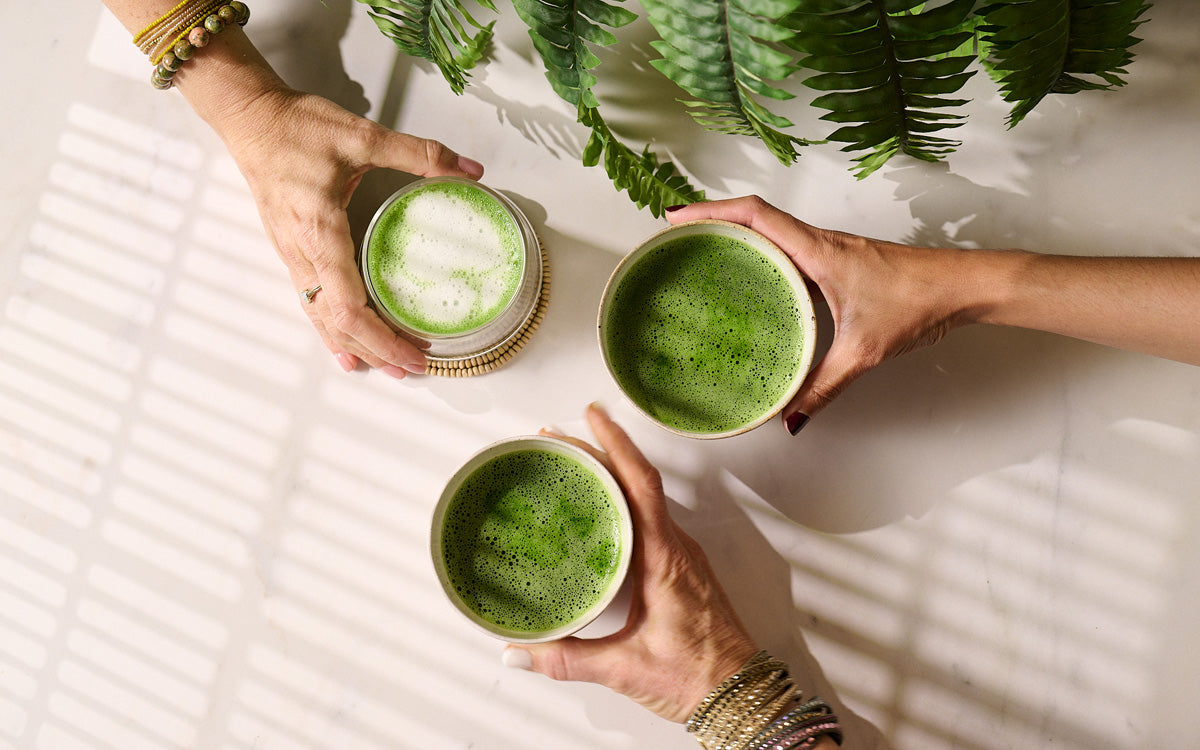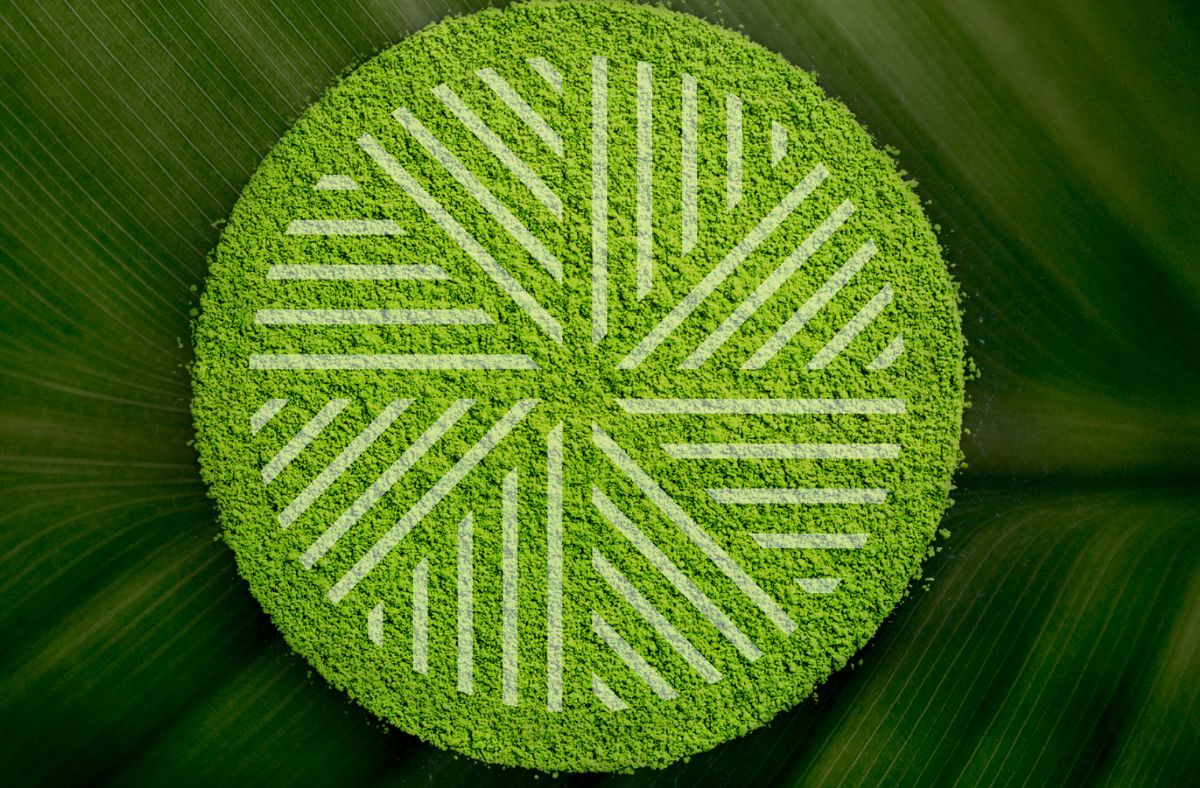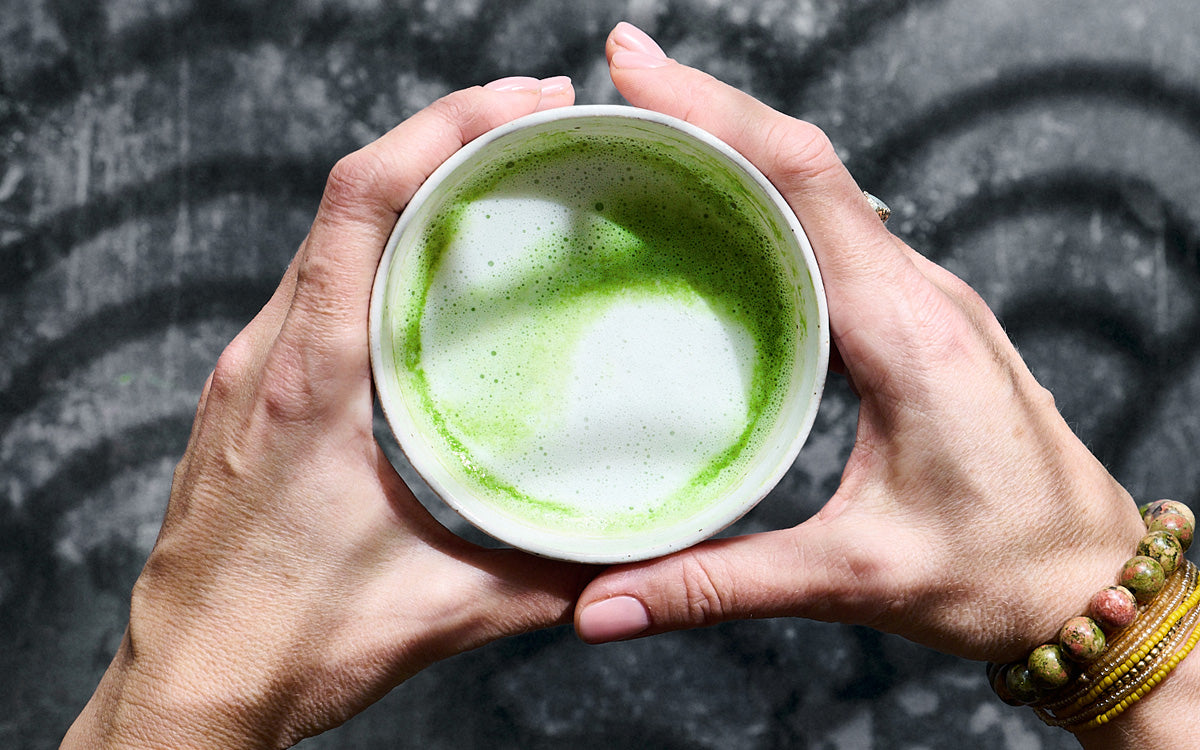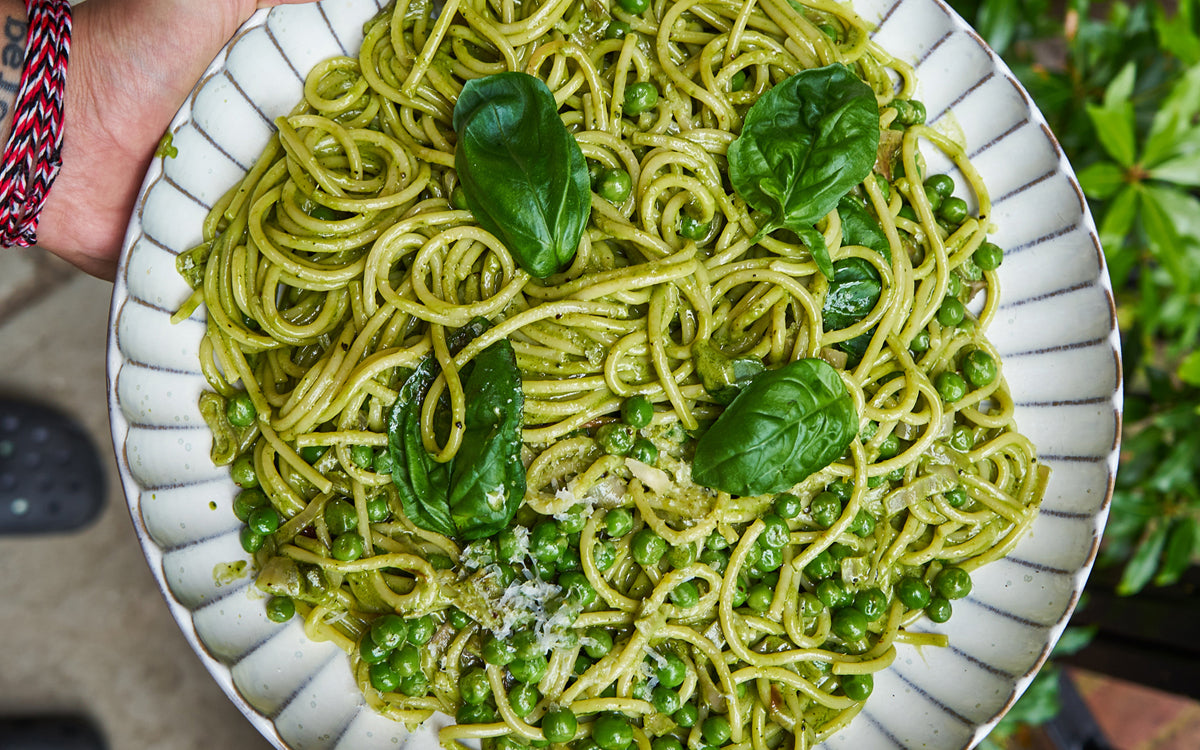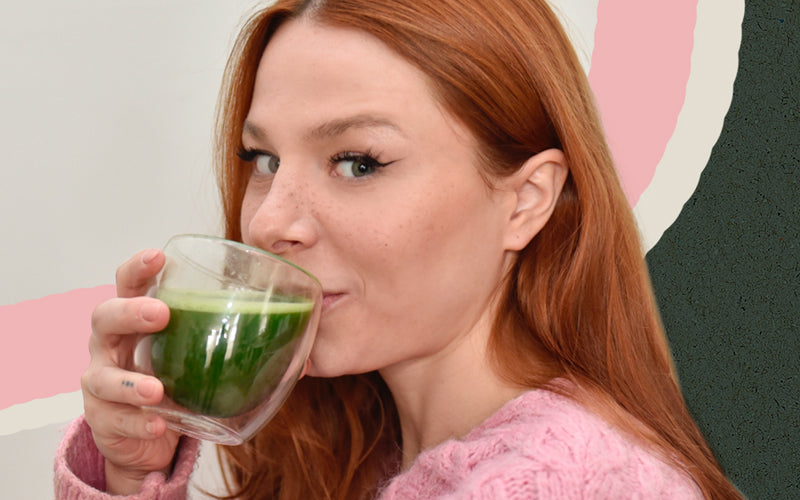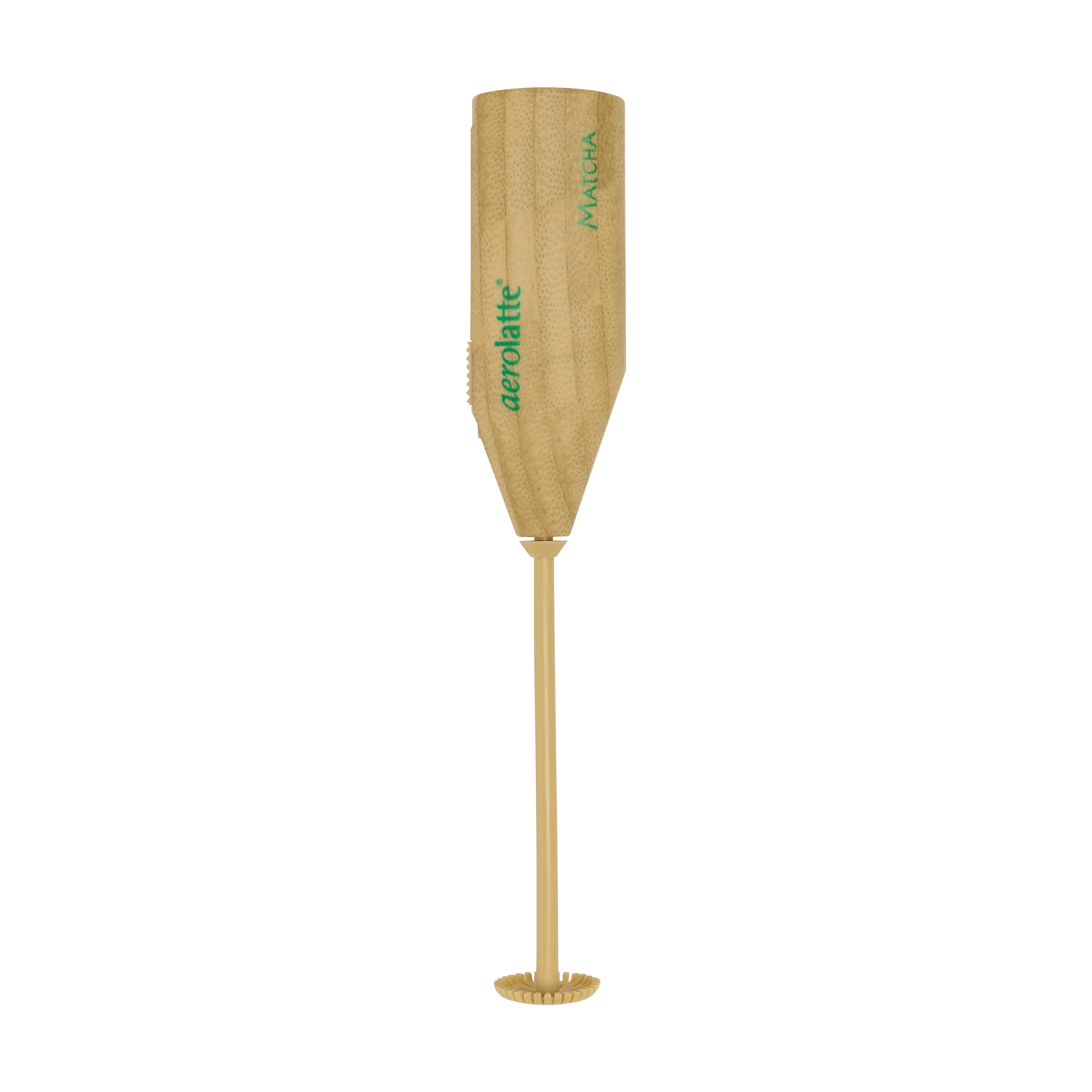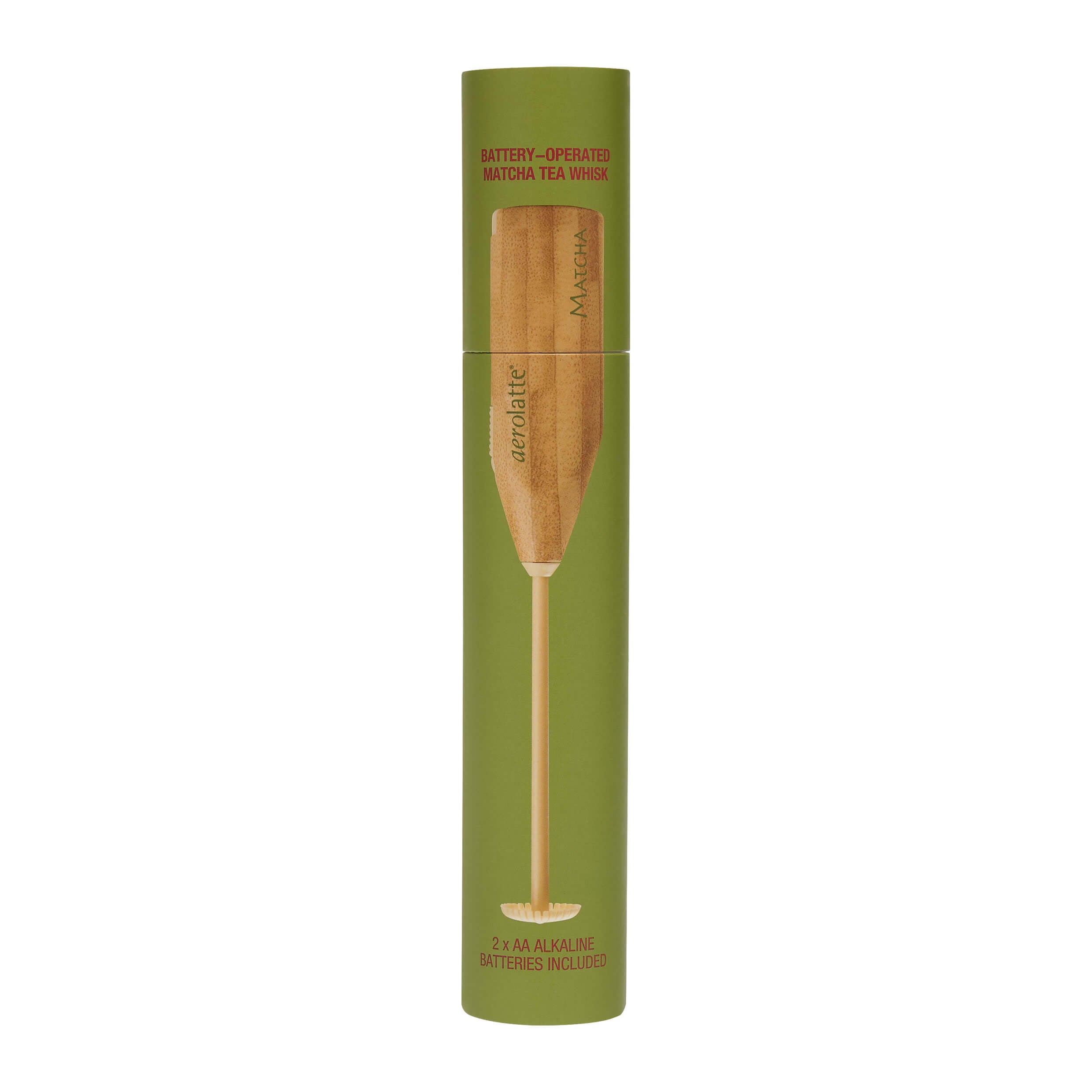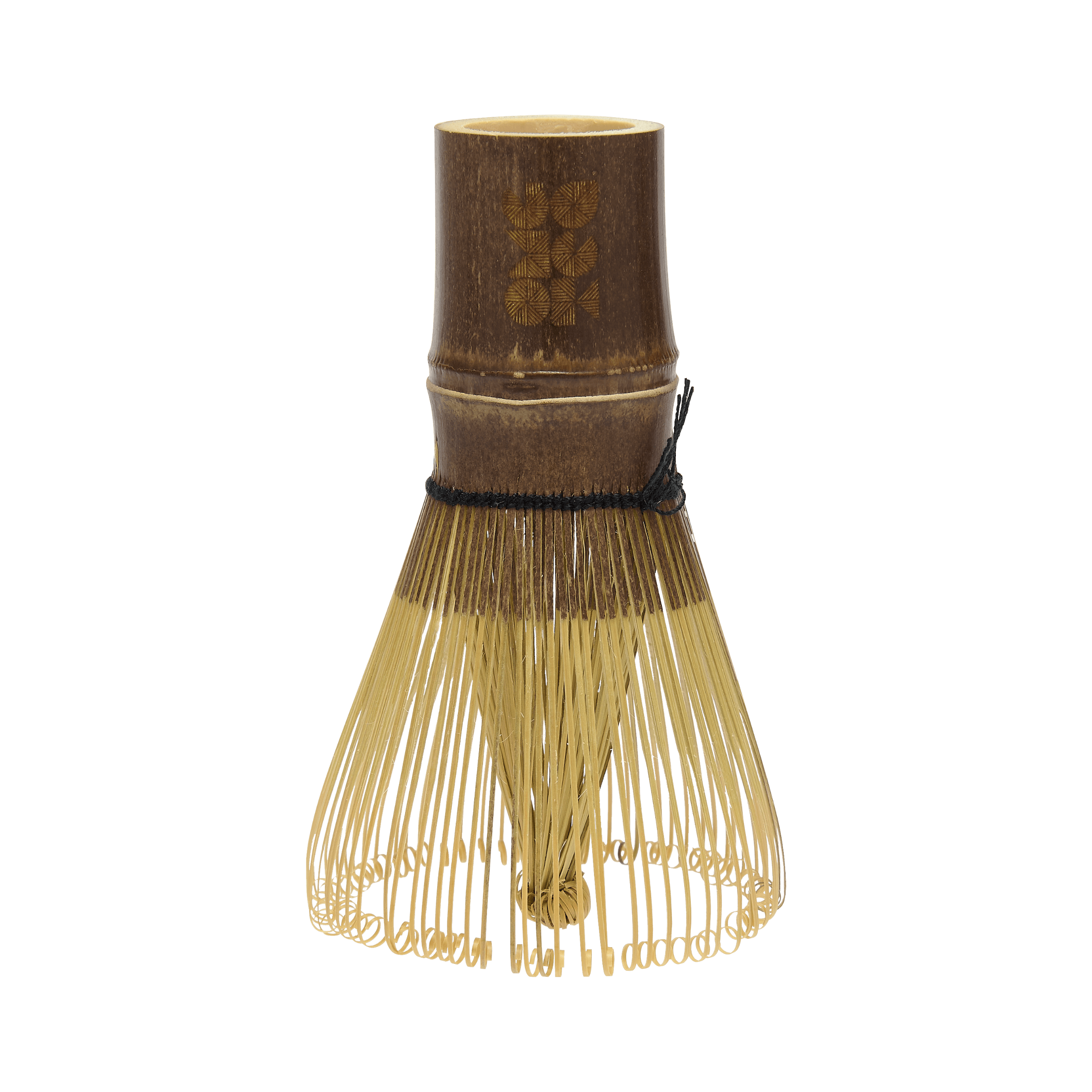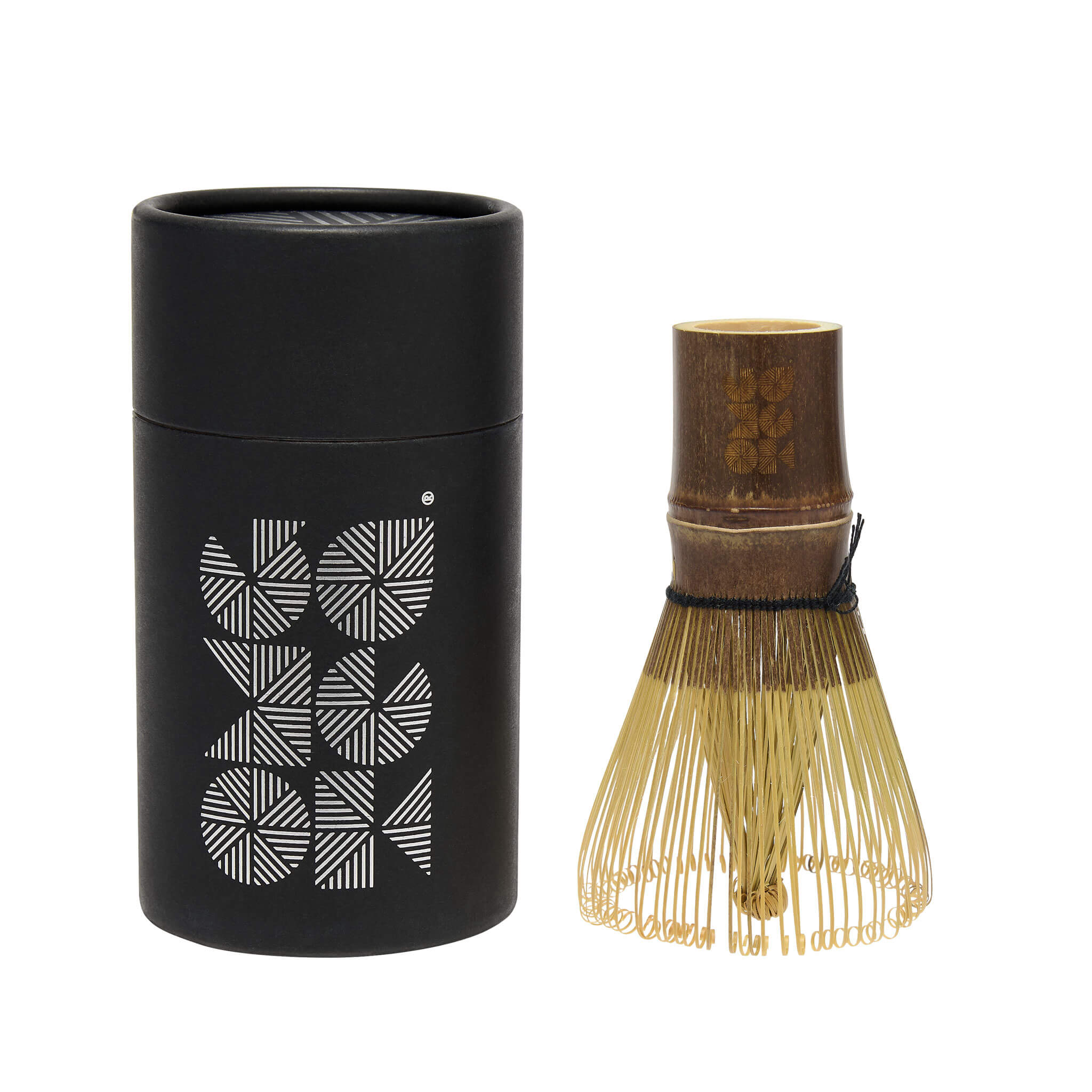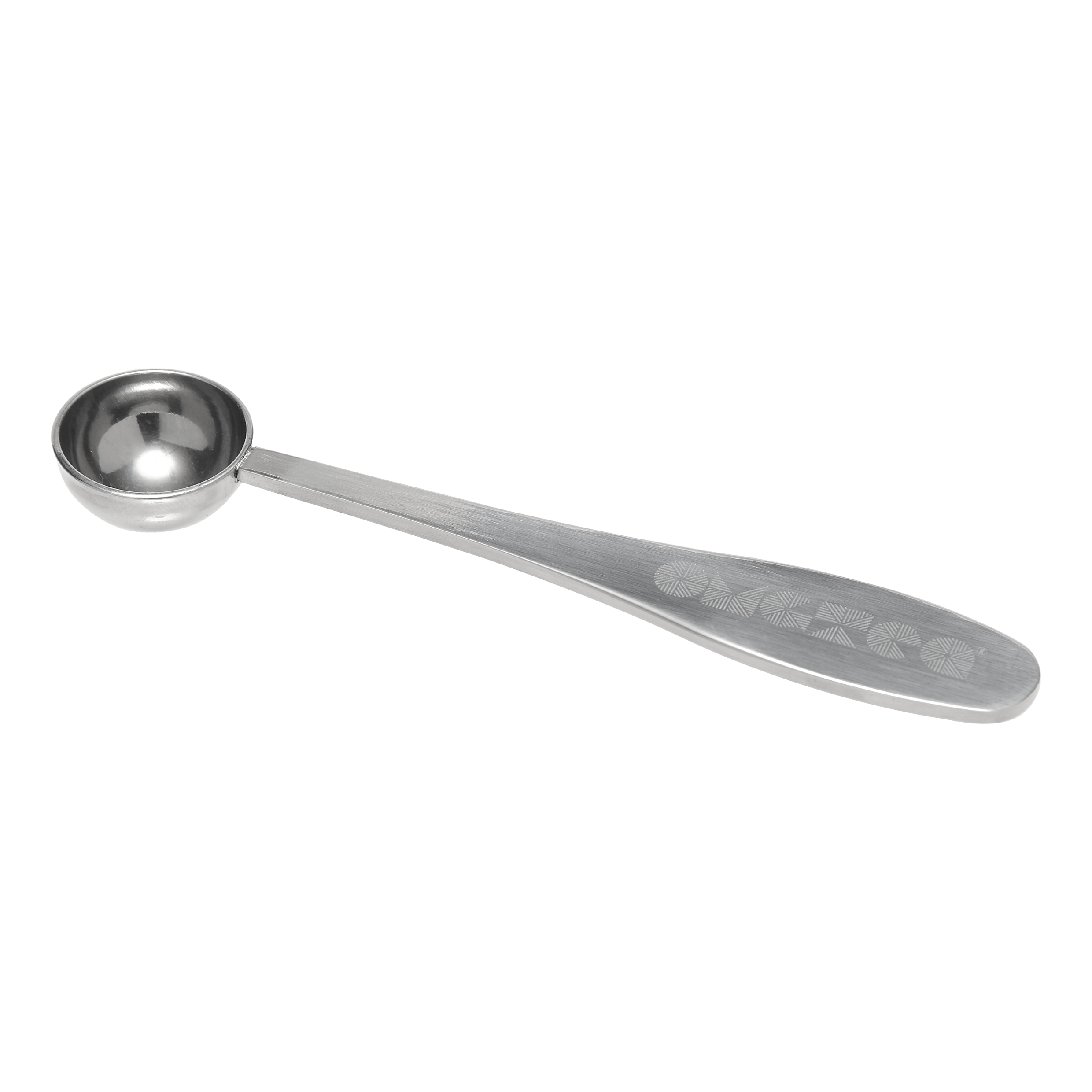This year has brought more changes to our world than anyone could have foreseen. In the face of climate change, diet related ill health and a widespread decline in wildlife, the need to change our food systems has never been greater. Organic September aims to bring awareness to these issues and encourage people to take the steps to a more organic lifestyle.
How your food is grown or raised can have a major impact on your mental and emotional health as well as the environment. Organic foods often have more beneficial nutrients, such as antioxidants, than their conventionally-grown counterparts and people with allergies to foods, chemicals, or preservatives often find their symptoms lessen or go away when they eat only organic foods.
What is organic?
So what is organic? If foods are classed as organic, the soil where crops are grown must be inspected and shown to be free of most synthetic pesticides and fertilizers, and the crops cannot have been genetically modified. Animals raised on organic farms do not receive antibiotics or growth hormones, are given feed that has been grown organically. Processed organic foods must not contain synthetic additives.
High standard of organic matcha farming
OMGTea comes from the Kagoshima prefecture, a region known for its high standards of organic matcha farming and production.
Kagoshima is on the southern island of Kyûshû, known for its lush vegetation and unspoilt landscape. The warm, humid climate provides the perfect conditions for growing matcha. Kagoshima is a volcanic island and as such has extremely nutrient-rich soils, at least eleven active volcanoes continue to provide the valuable minerals that help these extraordinary tea plants grow.
Such optimum conditions enable the cultivation of the best quality organic matcha and it has been cultivated here for over 700 years. This long history and the ongoing optimisation of cultivation processes has made Kagoshima the second-biggest tea prefecture in Japan, specifically offering optimum conditions for organic matcha cultivation.
Furthermore, the Japanese government works closely with matcha growers, many of whom are certified and officially approved harvesters of that nation’s highly valuable export, matcha green tea. Matcha is the only kind of tea that uses the entire leaf and therefore, it offers health benefits and environmental advantages that other varieties of tea do not. A typical tea plant that is used to produce matcha can live for a half-century or more, making it one of the most sustainable and environmental food crops in existence.
What can I do to get involved?
By getting involved in Organic September, you are helping to support:
💚Biodiversity and wildlife
💚Helping to combat climate change
💚The highest standards of animal welfare
💚Reduced exposure to pesticides
💚Food as it should be, and food you can trust to put into your body
If you want to ‘Go Organic’ but find the thought of changing all your everyday products too daunting, then why not make a pact to replace just one of your everyday items each month with an organic one instead? As well as food items, you could also replace beauty products, household cleaning goods, and even clothing.
It’s easy to get involved, just look for the organic logo on the product that you buy or why not even consider growing your own!
